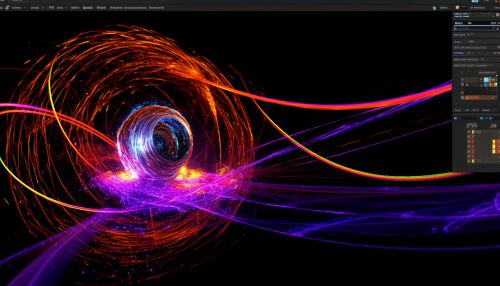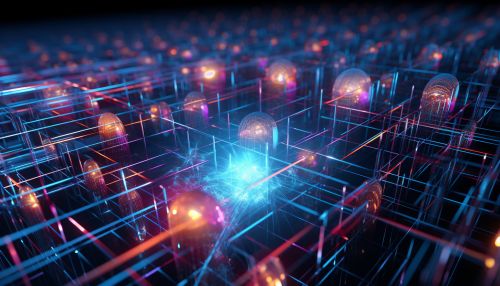The Physics of Quantum Computing Software
Introduction
Quantum computing is a rapidly evolving field that leverages the principles of quantum mechanics to process information. At the heart of this technology is the software that drives quantum computers, which is fundamentally different from classical computing software due to the unique properties of quantum mechanics. This article delves into the physics behind quantum computing software, exploring the principles that govern its operation and the challenges that arise in its development.


Quantum Mechanics and Quantum Computing
Quantum mechanics is a branch of physics that describes the behavior of particles at the atomic and subatomic level. It is characterized by principles such as superposition and entanglement, which are key to the operation of quantum computers.


Superposition
In quantum mechanics, superposition is the principle that a quantum system can exist in multiple states simultaneously. This is in stark contrast to classical systems, which can only exist in one state at a time. In the context of quantum computing, this means that a quantum bit, or qubit, can represent both 0 and 1 at the same time, whereas a classical bit can only represent 0 or 1 at any given moment.
Entanglement
Entanglement is another quantum phenomenon where particles become interconnected such that the state of one particle immediately influences the state of the other, regardless of the distance between them. This property is leveraged in quantum computing to link qubits in a way that allows for complex computations to be performed more efficiently than classical computers.
Quantum Computing Software
Quantum computing software is the set of programs and algorithms designed to run on quantum computers. It leverages the principles of quantum mechanics to perform computations that would be infeasible or extremely time-consuming on classical computers.


Quantum Algorithms
Quantum algorithms are a critical component of quantum computing software. These algorithms leverage the principles of superposition and entanglement to perform computations. Examples of quantum algorithms include Shor's algorithm for factoring large numbers, and Grover's algorithm for searching unsorted databases.
Quantum Programming Languages
Quantum programming languages are used to write quantum algorithms. These languages, such as Q#, Quipper, and Quantum Assembly Language (QASM), are designed to handle the unique properties of quantum systems, including superposition and entanglement.
Challenges in Quantum Computing Software Development
Developing software for quantum computers presents unique challenges due to the inherent properties of quantum mechanics and the current state of quantum hardware.


Quantum Error Correction
Due to the delicate nature of quantum states, quantum computers are highly susceptible to errors. Quantum error correction is a major challenge in quantum computing software development, and involves techniques to detect and correct errors that occur during quantum computations.
Scalability
As quantum computers become more powerful, the software that runs on them must also scale. However, this is a significant challenge due to the complexity of quantum algorithms and the limitations of current quantum hardware.
Interoperability
Interoperability between different quantum computing platforms is another challenge. As the field is still in its early stages, there is a lack of standardization in quantum computing software, making it difficult to run the same quantum program on different quantum computers.
Future of Quantum Computing Software
The future of quantum computing software is promising, with ongoing research and development aimed at overcoming the current challenges. As quantum hardware continues to evolve, so too will the software, paving the way for a new era of computing.


